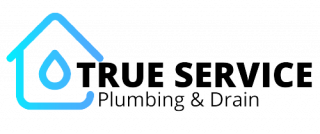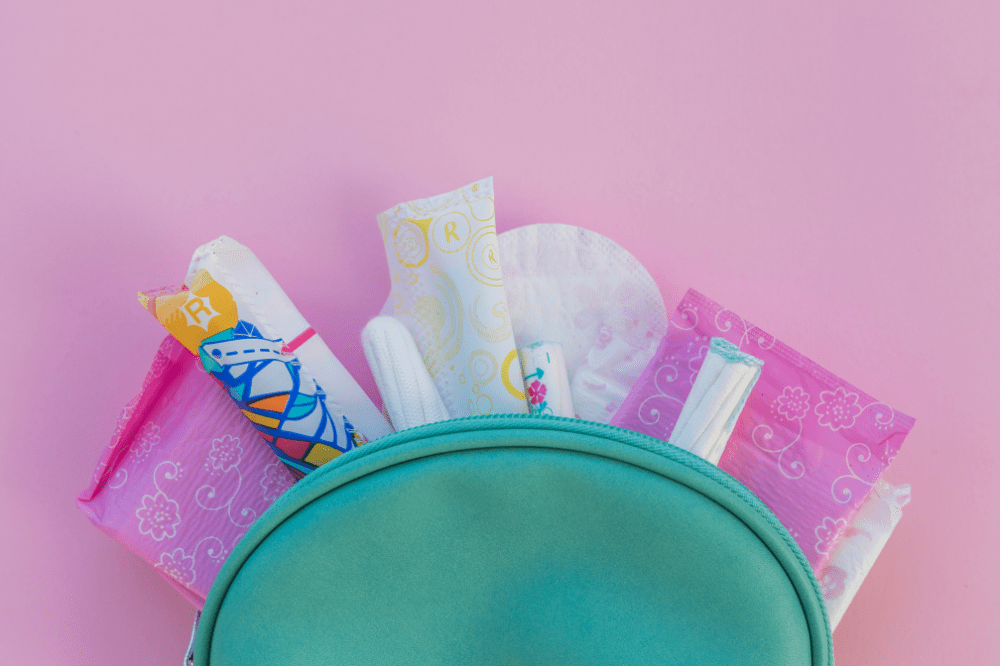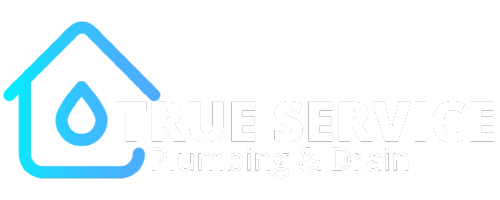Feminine products can be problematic to your home’s plumbing. For instance, it can cause clogs in your pipes, leading to flooding in your home or business. Issues like this can be quite costly!
Feminine products also increase the risk of infection. This is because of their inability to properly break down in sewage and septic systems.
Here are some more reasons why you shouldn’t flush feminine products:
Impacts of Flushing Feminine Products Down the Toilet
Sewage systems are not designed to deal with feminine products. This is because they clog pipes and pumps, making them more expensive to repair. This costs taxpayers money that would be better spent elsewhere.
Flushing feminine products down the toilet can have several negative effects:
- It causes issues in our water supply systems. When you flush your tampon or pad, it goes down a pipe to a wastewater treatment plant. Feminine products are made from materials that don’t break down in the water. Because of this, they often cause large issues.
- Can clog pipes and pumps used to clean raw sewage before it’s treated. That can lead to a backup at the treatment plant or home, causing sewage to back up into your house or building.
- Contamination of potable water as items may spill into groundwater or water bodies.
- Flushing feminine waste releases microfibers into waterways, causing environmental damage. They can result in marine life deaths from plastic ingestion. We also end up ingesting these microplastics, through seafood products.
- They could cause sewer overflows into rivers, lakes, or oceans. This may occur when too much debris collects in wastewater treatment plants.
- They can ruin your septic system. Tampons, pads, and pantyliners don’t break down easily in landfills. This is because they contain plastic, cotton, and rayon (synthetic fiber). They can take up to five years to decompose in a landfill or septic tank.
Can You Flush Feminine Products?
Synthetic materials make up most of the feminine products on the shelves today. Unfortunately, these don’t break down easily in water. They don’t dissolve like toilet paper after flushing. Instead, they float around in the pipes until they reach the main sewer line leading out of your house.
This results in any other material in the pipes getting stuck on top of them before it gets flushed out of your home. This includes grease and other waste material from food preparation. Or even as far as cleaning activities in your kitchen or bathroom.
Sanitary towels are not flushable and can cause clogs in your toilet or pipes. If you are unlucky enough to have a sewage backup, you will most likely be charged for the plumber’s visit. These costs add up quickly.
Can You Flush Feminine Wipes?
Most feminine wipes are safe to flush down the toilet. They are disposable, as they are made of materials that can be flushed.
But, it is important to read the package carefully before flushing. Some feminine wipes are not designed for flushing and should only be disposed of in a trash can.
For questions on whether your feminine wipes are flushable, contact your product manufacturer.
Though, there are some easy ways around this – use biodegradable disposable bags designed for disposing of waste items like diapers/nappies.
Proper Disposal of Feminine Products
Feminine products have become a topic of discussion among many people. The use of feminine products has increased over the years. Yet, are environmental concerns on the proper disposal of these products. As they contain chemicals that can be harmful to both wildlife and the environment.
There are different ways of disposing of these products:
1. Dispose of it in a trash can. The safest way to dispose of your feminine products is by throwing it into a trash can at home or the workplace. If possible, avoid flushing them down the toilet. Doing so could lead to sewer pipe clogs and cause other sewage system related issues.
2. Use biodegradable pads instead of disposable pads or tampons. These pads can be composted after use if used for only one period. Otherwise, they should be thrown away into a trash can like disposable ones
3. Choose reusable options whenever possible — such as menstrual cups or reusable pads. Use them until they’re worn out; then compost them if possible.
What to do if You Flush Non-Flushable Material Down the Toilet
A wipe or two is no big deal. But if whatever you flushed down your toilet has begun to clog and affect performance, best to root it out. Below, we show you how:
First, turn off your main water valve or shut off individual faucets. This will depend on the location of the clog.
Then, flush the toilet once more to dispense any remaining water inside the tank.
Using an auger tool or a plumbing snake, pull out the unflushable material from the toilet drain. Repeat this step as necessary until the clog is clear.
To avoid this kind of situation in the future, it’s essential you use flushable products only.
The easiest way to do this is by looking at the label on your feminine product packaging (if it came with one). You can also check online for product info and reviews on toilet friendly products.
Plumbing Care Tips
Regularly inspect your pipes for leaks and replace any worn or damaged parts. If you see water dripping from any of your faucets, it could be an indication of a leaking pipe.
Check the condition of all pipes under your sink, especially if there is a bad smell coming from them or if they are dripping. Repair any damage immediately to prevent further leaks and water damage.
Keep all drains unclogged by using drain cleaners and plungers regularly. If you have a slow drain, clean it out regularly, so it doesn’t clog up entirely one day.
Clean out all faucets regularly, especially older models with mineral deposits. This will prevent them from getting clogged up with sediment or corrosive materials. Accumulation of these materials can be the cause of more problems in the future. Frequent cleanings will also help extend the life expectancy of your faucet.
Please turn off the water supply before doing any maintenance on your toilet or sink drains. Do this by turning off the shutoff valve found under, behind or nearby the fixture. This will prevent any damage to pipes while you’re working on them.
Refrain from overloading your drain pipes. They should only carry waste water away from fixtures and appliances. Don’t use them to carry water from washing machines and dishwashers. Doing so can cause sewer backups or back-ups in your home’s main drain line.
Keep the lines clean by not pouring grease down the drains or other material which can build up in the pipes. This will help prevent clogs from forming in the future.
Clean out your garbage disposal every few months by using ice cubes while it is in operation. The ice cubes will wash away any food particles that can potentially damage or clog your unit.
Toilet Repair & Unclog With True Service Plumbing
If toilet troubles continue to persist and you are unable to identify the main cause, time to call in the pros.
Our licensed plumbers will assess your home’s plumbing system and determine the root cause of your issue, and perform the services necessary to get your toilet up and flushing again.
From clogged toilets, line repairs, plumbing fixture installation and replacement, or a total bathroom renovation, True Service Plumbing has your back when it comes to all things plumbing.
Contact True Service Plumbing today to schedule a free estimate and consultation.


